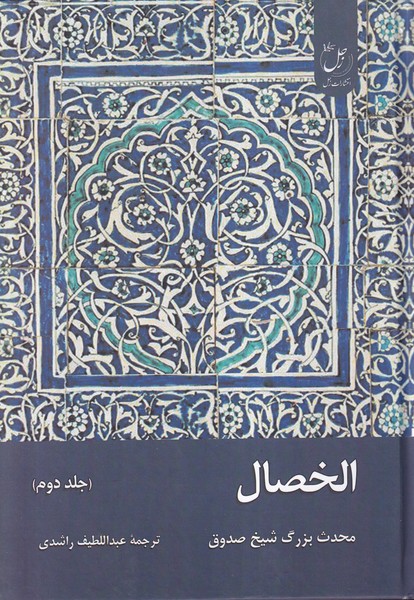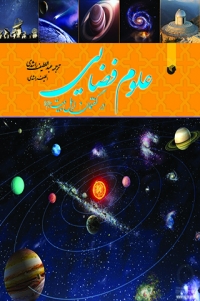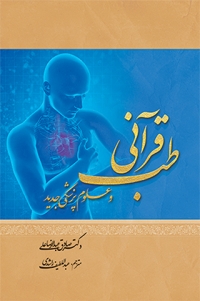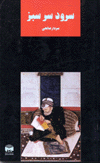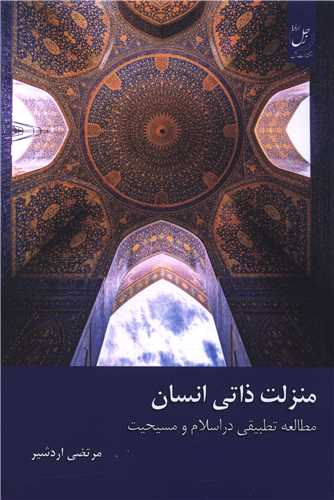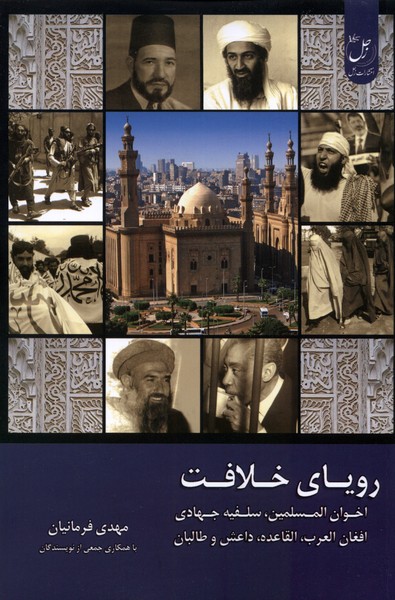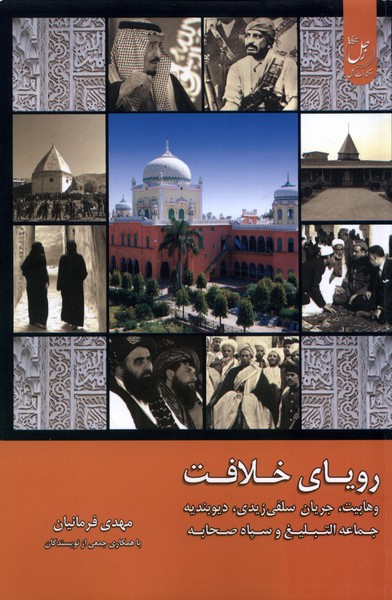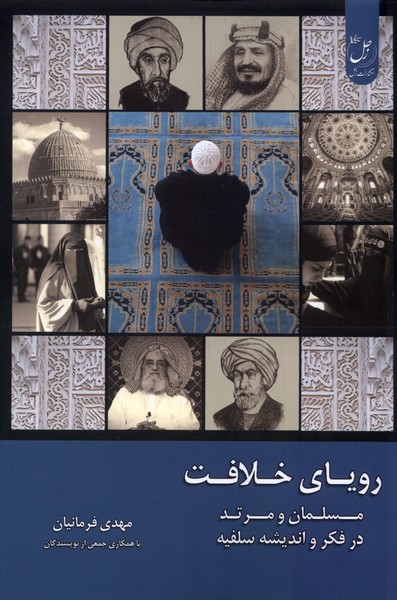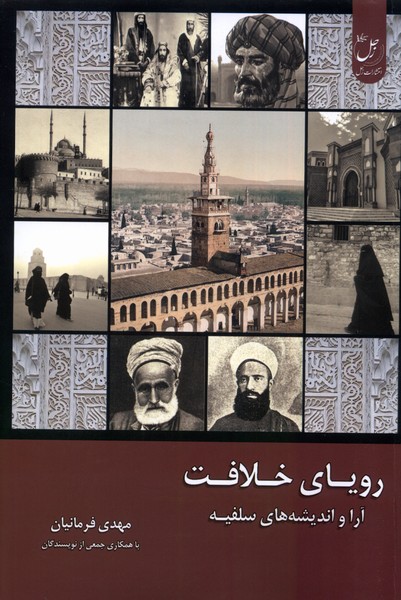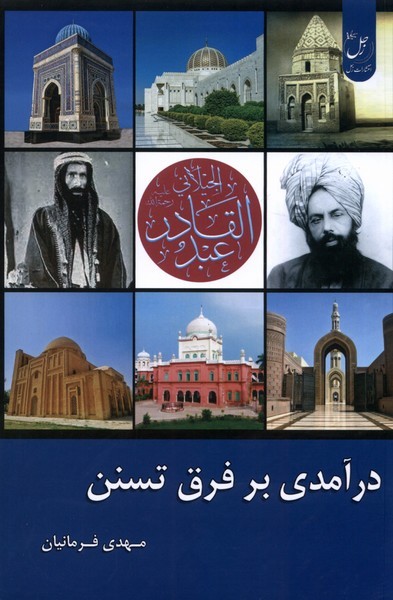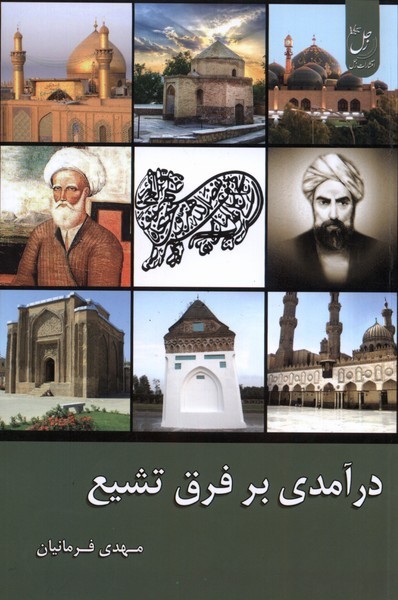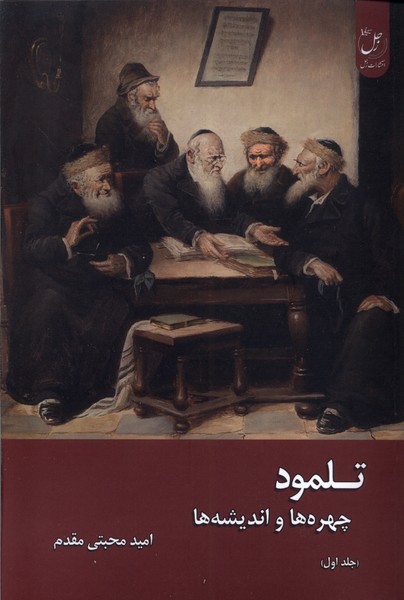Al-Khiṣāl (Jild-i Duvvum): Persiska (Farsi) 1403
الخصال (جلد دوم)
18,34 $
Dela
Wishlist
Originaltitel:
الخصال (جلد دوم)
ISBN:
9786225223356
Översättare:
ʻAbd al-Laṭīf Rāshadī
Förlag:
Zuhal
Åldersgrupp:
Vuxen
Sidor:
463
Vikt:
806 g
Produktmått:
18 x 25 x 5 cm
Bokomslag:
Inbunden
Abu Ja'far Muhammad ibn Ali ibn Husayn ibn Musa ibn Babuwayh Qummi, known as Sheikh Saduq Qummi and Ibn Babuwayh (born 306 - died 381), was a Shiite scholar in the fourth century AH and a scholar of hadith. He was born around 306 in Qom. His birth coincided with the beginning of the vicegerency of Husayn ibn Ruh, the third special deputy of Hujjat ibn Hasan.
Saduq's father, Ali ibn Husayn ibn Musa ibn Babuwayh, was a Shiite jurist who lived during the time of Hasan Askari and Hujjat ibn Hasan and was respected by them. (Both father and son are known as Ibn Babuwayh and Saduqayn)
It is stated in Shiite books about the birth of Saduq that his father had not had a child after 50 years of his life. Therefore, he wrote a letter to Husayn ibn Ruh, the third deputy of Hujjat ibn Hasan, and asked him to convey his request to Hujjat ibn Hasan. In response to this letter, Hujjat ibn Hassan wrote to Saduq's father: "I asked God to provide for you two sons whose existence will be good and blessed." Therefore, he is also called "born through the prayer of the Imam of the Age." He was invited to that city by Rukn al-Dawla Daylami, the king of Ray, and settled there. He lived with that Shiite king and his minister, Sahib ibn Ebad, and the spiritual leadership of the Shiites of the era was entrusted to him. He then traveled to the cities of Khorasan, Mawar-e-Nahr, Nishapur, Balkh, and Bukhara, and went to the Hijaz and Iraq for pilgrimage and pilgrimage. In the cities of Kufa and Baghdad, religious scholars used his knowledge, and then returned to Iran and died in Ray in 381 AH. Saduq Ibn Babawayh of Qom found life in Qom difficult due to the government's pressure to be strict on the Shiites, and he migrated to a village in Balkh, where all the residents were Shiites. The Shiites welcomed him warmly and asked him to write a book on jurisprudence, and he also wrote his famous book, Man Lai Hadhrat Al-Faqih, in this village. The first person to call Ibn Babawayh Saduq was Ibn Idris Al-Hilli, but after him, this title was not popular until the time of the first martyr, Allama Majlisi.
more
ابوجعفر محمد بن علی بن حسین بن موسی بن بابویه قمی معروف به شیخ صدوق قمی و اِبنِ بابُوَیْه (زادهٔ ۳۰۶ ـ درگذشتهٔ ۳۸۱) از علمای شیعه در قرن چهارم هجری قمری و از عالمان علم حدیث است. او در حدود سال ۳۰۶ در قم متولد شد. تولدش با آغاز نیابت حسین بن روح سومین نایب خاص حجت بن حسن همزمان بودهاست.
پدر صدوق علی بن حسین بن موسی بن بابویه، از فقهای شیعه و در زمان حسن عسگری و حجت بن حسن میزیسته و مورد احترام آنان بودهاست. (هر دو پدر و پسر معروف به ابن بابویه و صدوقَین هستند)
دربارهٔ تولد صدوق در کتابهای شیعه آمدهاست که پدر او بعد از گذشت ۵۰ سال از عمرش، دارای فرزند نشده بود. از این رو برای حسین بن روح سومین نائب حجت بن حسن نامه مینویسد و از او تقاضا میکند که درخواست او را به حجت بن حسن برساند. در جواب این نامه، حجت بن حسن برای پدر صدوق مینویسد: «از خداوند خواستم دو پسر روزیت کند که وجودشان، خیر و برکت باشد.» از این رو وی «متولد به دعای امام زمان» نیز خوانده میشود.
وی از طرف رکن الدوله دیلمی پادشاه ری به آن شهر دعوت شد و در آنجا اقامت گزید و نزد آن پادشاه شیعی و وزیرش صاحب بن عباد با احترام میزیست و ریاست روحانی شیعیان عصر به او واگذار شد. وی سپس به شهرهای خراسان، ماوراءالنهر، نیشابور، بلخ و بخارا سفر کرد و به منظور حج و زیارت به حجاز و عراق رفت و در شهرهای کوفه و بغداد، علمای دینی از معلوماتش استفاده کردند و سپس به ایران بازگشت و در سال ۳۸۱ هجری در ری درگذشت. صدوق ابن بابویه قمی به خاطر فشار حکومت در سختگیری بر شیعیان، زندگی در قم برایش مشکل شد و به طرف یکی از روستاهای بلخ، که ساکنان آن همه شیعه بودند، مهاجرت کرد و شیعیان با گرمی از او استقبال نمودند و از او تقاضای نوشتن کتاب فقهی کردند و او نیز کتاب معروف خود، من لایحضره الفقیه، را در این روستا تألیف نمود.
نخستین کسی که ابن بابویه را صدوق نامیده ابن ادریس حلی است، ولی پس از وی تا زمان شهید اول، علامه مجلسی، این لقب شهرت نداشتهاست.
more

